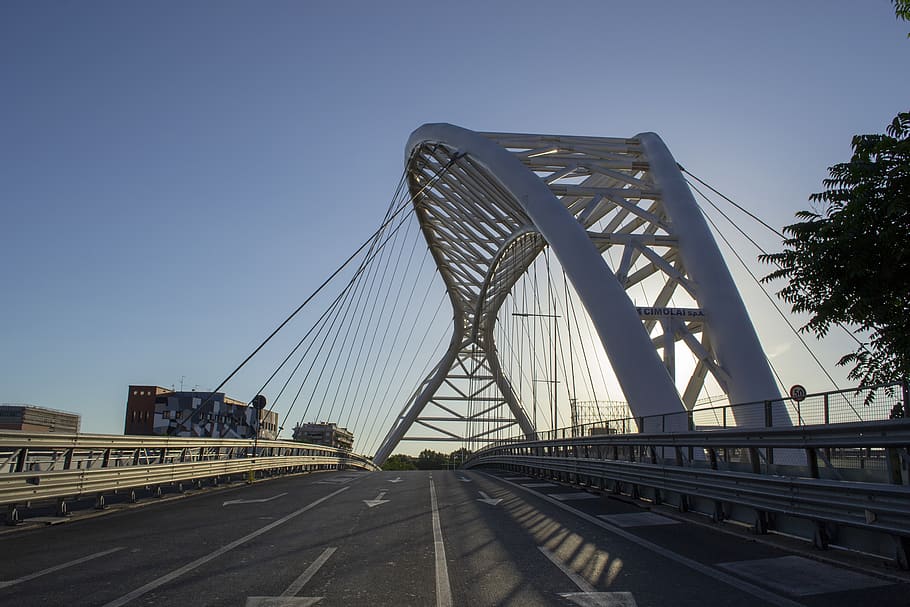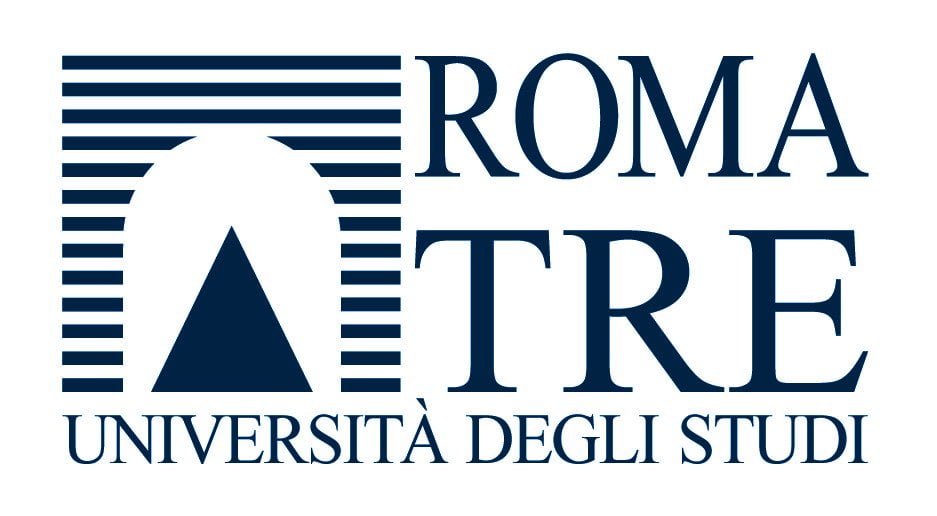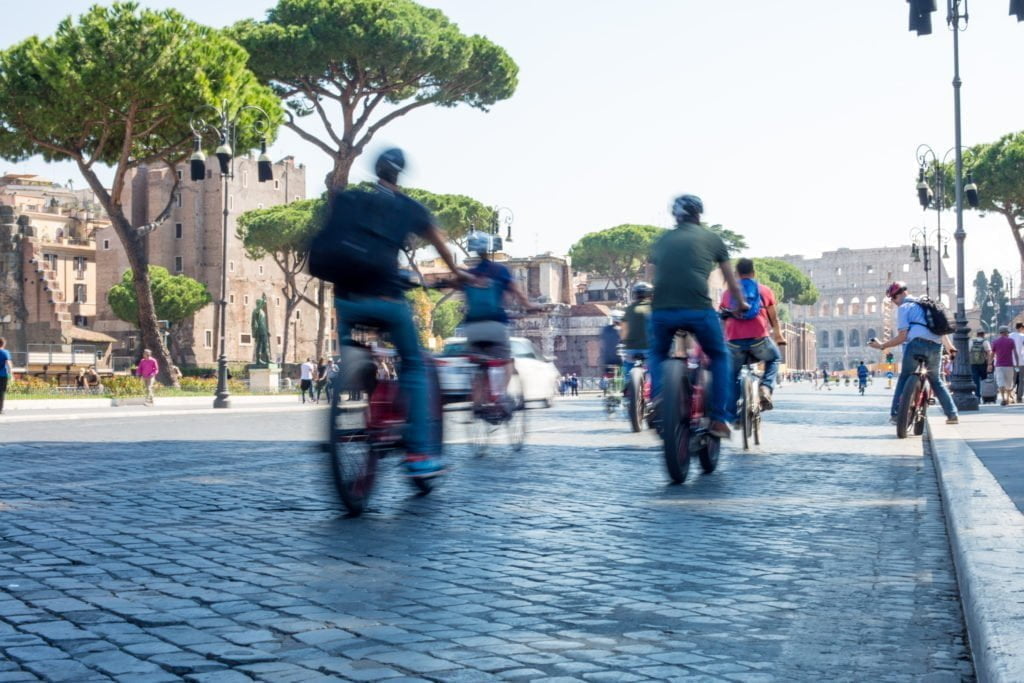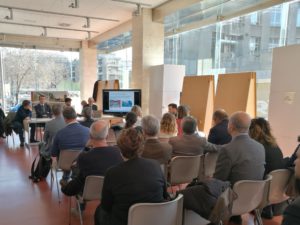Rome kicks off Logistics Living Lab
On February 24, Roma Capitale, Rome Mobility Agency and Roma Tre University (all Polis members) presented the Logistics Living Lab of Rome: the participatory co-creation laboratory which for the first time systematically involves the logistics players in the experimentation and implementation of the innovative solutions envisaged in the new SUMP (Sustainable Urban Mobility Plan). The Living Lab represents an ecosystem in which all interested parties actively contribute to the definition of organic and integrated policies for the logistics of the city.
Coordinated by TRElab (Transport Research Lab) of Roma Tre University, the Logistics Living Lab in Rome wants to aggregate, create synergies and support innovative ideas for safer, cleaner and more efficient urban logistics. To this end, the Logistics Living Lab involves all stakeholders to test, evaluate and implement new solutions.
"Strategic plan and integration of actions" were the keywords used by both the engineer Andrea Pasotto of Rome Mobility Agency, and by the councilor for transport Pietro Calabrese, who defined the SUMP as "a very challenging and ambitious plan. The goal is to integrate the various functions: public transport, commercial and freight distribution, including all the components that occupy our streets into a system".
“I strongly believe in this exchange between institutions, universities, and the Roman productive system. I think it is fundamental to give vitality to our city", so President of the Mobility Committee Enrico Stefàno underlined the importance and novelty of the collaboration.
The directors of TRElab (the University's transport research center), prof. Edoardo Marcucci and prof. Valerio Gatta, have therefore illustrated how “the real innovation of this plan compared to the previous ones is the way in which it was drafted. Everything that is included in this plan is the result of direct dialogue with the operators who will be directly influenced by what is reported". They defined the Logistics Living Lab as a "permanent working table on urban logistics, in which all stakeholders, public and private, are involved in the co-creation and testing of effective and sustainable solutions".
During the session some representatives of the Roman logistics actors intervened, including Confederation of Enterprises, retailers, logistics operators, as well as the Municipal Police.
TRElab will follow up the meeting, involving the participants in a consultation on their priorities and organising a cycle of events on the selected priority themes. For further information, visit http://www.trelab.it/ or write to: info@trelab.it.




